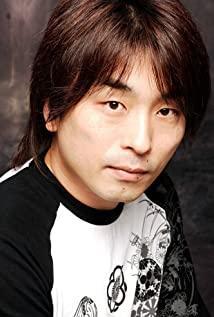Good-looking, and not only good-looking pictures.
The movie can basically be seen as a personal show time of Purgatory, and the characterization of Purgatory is ultimately quite successful. There may be two difficulties here:
One is the balance between the force of the winding and the charisma of Purgatory. To achieve it, even if it is not a complete victory (it really won the third string, the force of the string is gone), it can also make the audience feel hearty (in the end Tanjiro's roar is the essence, completely destroying ghosts and purgatory The mental strength is compared).
The second is to make the set of purgatory Weiguangzheng also retain its distinctive characteristics and make people remember it.
(There is a small echo. Before the fight, Purgatory told Shang Xian San that Tanjirou was not weak. After the battle, Tanjirou shouted that Purgatory did not lose. Mutual recognition is certainly an old school, but sometimes people just can’t help but eat this old way. )
I don't think the plot of the movie is as good as the characters. In the first half of the episode, "the urgent moment is remembering and chatting slowly", and "all the attacks in the dream are all resolved by the protagonist in the old-fashioned way". People who watched it frequently appeared in the drama. What is relatively interesting is the small bridge section in which Tanjirou couldn't distinguish the real dream and almost committed suicide in situ (and that section of the painting is really powerful, the peak of the whole film).
On the whole, it’s still pretty cool to watch, and in some places I almost burst into tears (it is recommended to be directly classified into Dalit)~ Many people may think it’s too old-fashioned and unworthy of morality. I think it’s been a long time since I found it when I was a child watching migrant workers. that pure feeling.
View more about Demon Slayer: Mugen Train reviews











